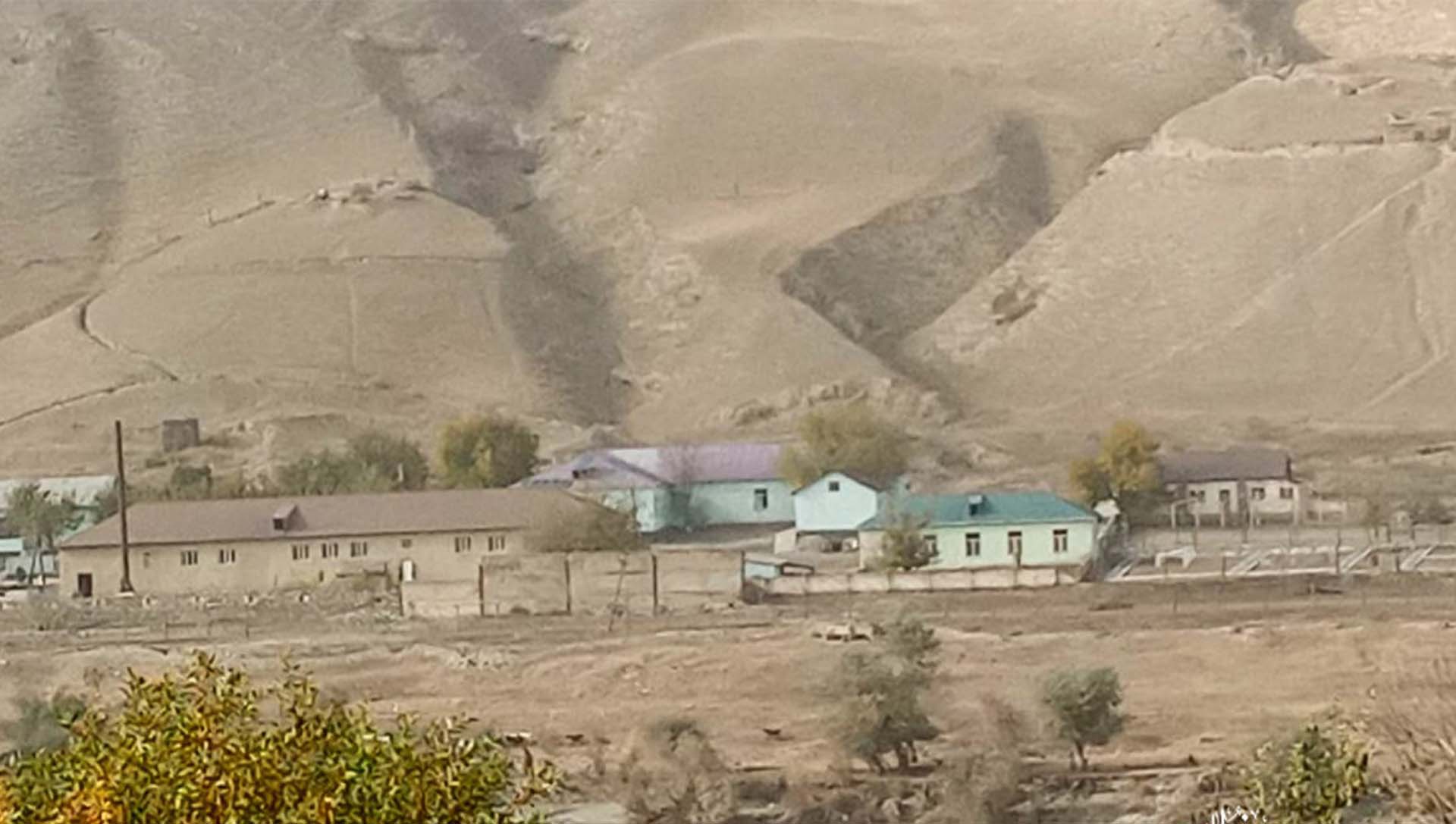

After turning barely a couple of pages under its new leadership, Afghanistan is in the news again. This time there brews trouble across several sectors.
On April 18, a barrage of rockets were fired into Uzbekistan. While the Islamic State – Khorasan Province (ISKP) claimed responsibility for that, and through their official news agency Amaq even specified that the rockets were Katyusha, the Taliban government chose to sit silently for a while, probably to wish the news away.
Eventually, they accepted the fact that it was the ISKP that was behind this, and that pockets in the Balkh province may be under their control these days.
As markers go, this was significant. Non-state-actors firing rockets into a sovereign territory is a clear indication that the government has little control, at least along certain borders (the worry is that the Afghan-Uzbek border is a lot smaller in comparison to Turkmen or Tajik borders; the deciding logic being if a government cannot control a short stretch, it can not be expected to effectively control longer stretches).
And unlike Pakistan which sponsors terrorism as a part of its foreign policy, the Taliban government has genuine animosity toward ISIS.
Taliban has been on a relentless campaign since August 2021 about not allowing destabilizing actors to operate from their territory – the one promise that was to help them integrate into the larger Asian equation. That brings in the second point: the question of the CAR states.
This rocket attack signifies escalation. Till about the first half of April, the ISKP was restricted to active audiovisual propaganda against the Uzbek-Tajik governments: from pro-ISIS Telegram channels in Tajik and Uzbek language directed towards the extremists of those territories urging them to rally against their governments to daily sermons about the coming of the ‘great jihad of central Asia’, and proliferation of posters/banners.
In hindsight now, it appears as if these were a leadup to more direct assaults like 18th April (7th May marked another assault, this time rockets were launched in Tajikistan. ISKP has claimed responsibility).
So while the official interpretation is that the ISKP wants the region to think that the current Taliban government is a Pashtun ethno-national outfit that does not care about minorities, this narrative drives home two finer points: One – This escalation is bad news for the Taliban government and a cause of serious worry for the CAR states’ stability and economic prosperity; and Two – Non State/subnational actors promoting minority victimhood to cascade destabilization threatens to become more and more mainstream in Asia, whether it is in a legitimate democracy like India, or an Islamic emirate like Afghanistan.
Afghanistan’s troubles are far from over. They have so far failed to stem the ISKP. In their brutal method of punishing those that are suspected of being involved with ISKP, the Taliban is quickly antagonizing a large section of the Afghan population.
They have also failed to bring the ex-security, ex-intel guys onto their table to reconcile. And now these ex-establishment personnel look like they are about to be picked up by an interested outsider.
Just beyond its eastern border is the Taliban’s old mentor Pakistan, with whom relations soured right from September 2021 and has now reached a point where Rawalpindi is quite charged-up about a renewed American interest in South Asia.
This reflects these days through two names: Ahmad Massoud and Sami Sadat. But since Ahmad Massoud, the son of the legendary Northern Alliance leader Ahmad Shah Massoud remains the subject of a tug-of-war between the Taliban and the West, the US is trying to get the ex-establishment and the old elites to rally under General Sami Sadat, projecting him as the next leader of the Afghan Resistance 2.0.
Massoud Junior is rumoured to have met the Taliban across the table in Iran to listen to them offer him (and Ismail Khan) safety should they wish to return to Afghanistan, while Sami comes across as someone who is clear about his preferences: he admires Ukraine and Zelensky as much as he dislikes Russia and the Taliban, making it clear to the BBC in an interview that the only way to get rid of the Taliban is to declare a war against them.
And if a destabilization of a fraction of a full-fledged war is on the cards, the US-UK duo does not have access to Afghanistan except through Pakistan. That should not be good news to the Taliban.
ISIS is a dubious entity. From fighting under loose Turkish protection and selling Syrian oil to them, to being mysteriously missed by the famed American surveillance and bombing systems time and again, from the rumours of having been treated in Israeli hospitals or being transported out of the Middle East and into Afghanistan/central Asia by unnamed agencies when the tables turned in favour of Syria while professing to fight ‘against’ the West all along to establish an Islamic order in the Middle East, they have time and again demonstrated the depth of their reach and resources.
But the recent spurt in their activities as ISKP is largely the result of the Taliban opening prison after prison during their so-called liberation; that is a consequence that no one can contest.
Similarly, while the ouster of Imran Khan has got the US interested yet again in the affairs of south and central Asia, the Taliban’s attitude towards Rawalpindi and its planners, as reflected through their behaviour around the Durand Line or their reluctance about the TTP are catalysts that have shaped Pakistan’s current stance, no prizes for guessing that either.
With signs that the US could be about to procure at least a single point access to south/central Asia again, one wonders what that looks like to the Asian integration planners in Beijing and Moscow.
(Arindam Mukherjee is a Calcutta-based author and a Learning & Development professional who likes to dabble in Eurasian geopolitics during his spare time.
Disclaimer: Views expressed above are author’s own.)